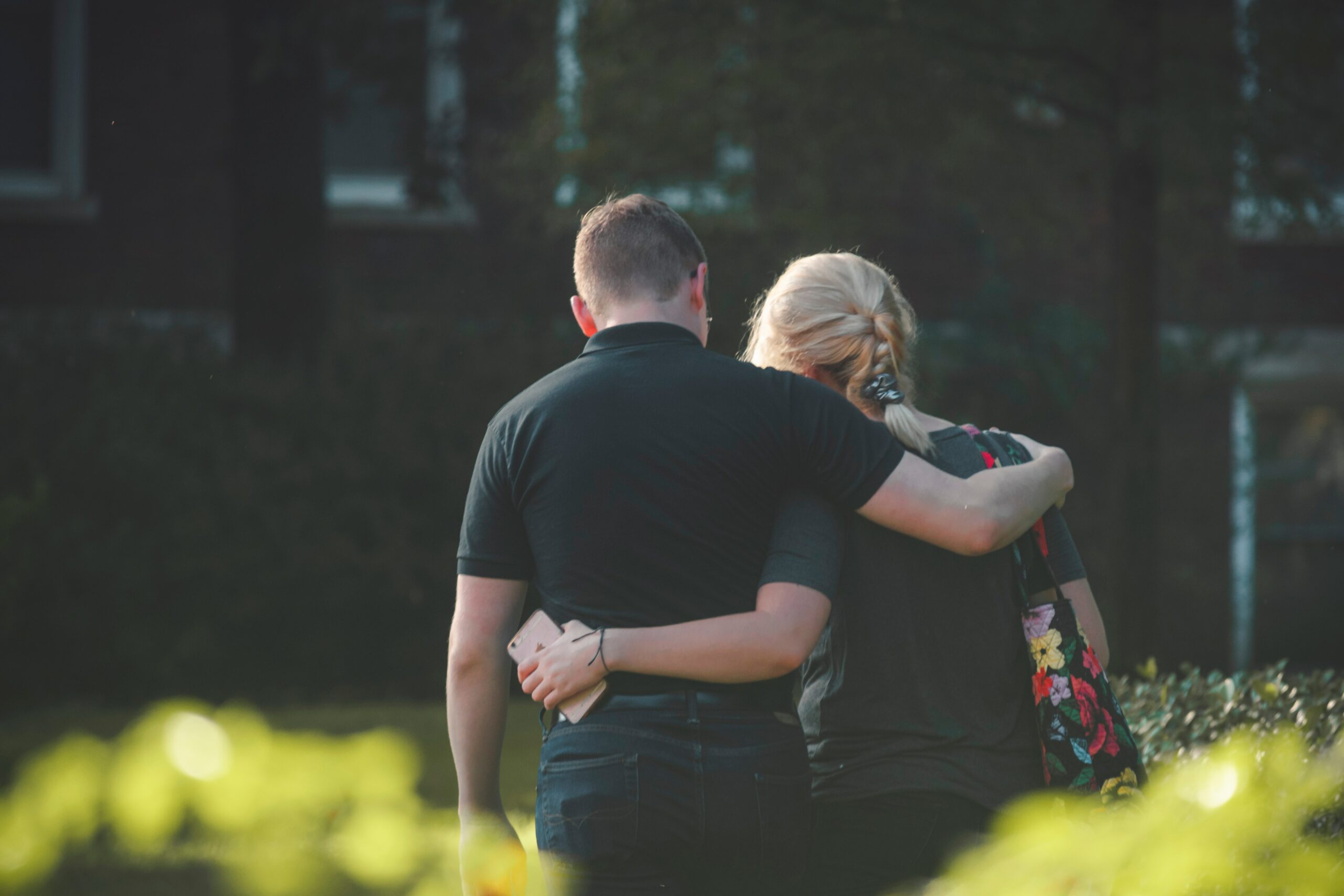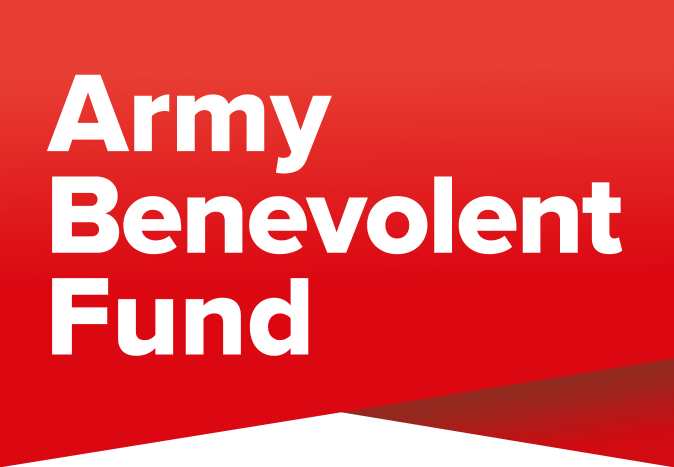These are some common signs and symptoms that you might recognise:
Reliving aspects of what happened
This can include:
- Vivid flashbacks (feeling like the trauma is happening right now) intrusive thoughts or images nightmares
- Intense distress at real or symbolic reminders of the trauma
- Physical sensations such as pain, sweating, nausea or trembling Alertness or feeling on edge
- This can include:
- Panicking when reminded of the trauma
- Being easily upset or angry
- Extreme alertness, also sometimes called ‘hypervigilance’
- Disturbed sleep or a lack of sleep
- Irritability or aggressive behaviour
- Finding it hard to concentrate – including on simple or everyday tasks
- Being jumpy or easily startled
12. Self-destructive behaviour or recklessness other symptoms of anxiety Avoiding feelings or memories
This can include:
- Feeling like you have to keep busy
- Avoiding anything that reminds you of the trauma being unable to remember details of what happened feeling emotionally numb or cut off from your feelings feeling physically numb or detached from your body being unable to express affection using alcohol or drugs to avoid memories Difficult beliefs or feelings
This can include:
- Feeling like you can’t trust anyone
- Feeling like nowhere is safe
- Feeling like nobody understands
- Blaming yourself for what happened
- Overwhelming feelings of anger, sadness, guilt or shame
*What is complex PTSD?*
Complex post-traumatic stress disorder (complex PTSD, sometimes abbreviated to c-PTSD or CPTSD) is a condition where you experience some symptoms of PTSD along with some additional symptoms, such as:
- Difficulty controlling your emotions
- Feeling very hostile or distrustful towards the world constant feelings of emptiness or hopelessness feeling as if you are permanently damaged or worthless feeling as if you are completely different to other people feeling like nobody can understand what happened to you avoiding friendships and relationships, or finding them very difficult often experiencing dissociative symptoms such as depersonalisation or derealisation regular suicidal feelings.













